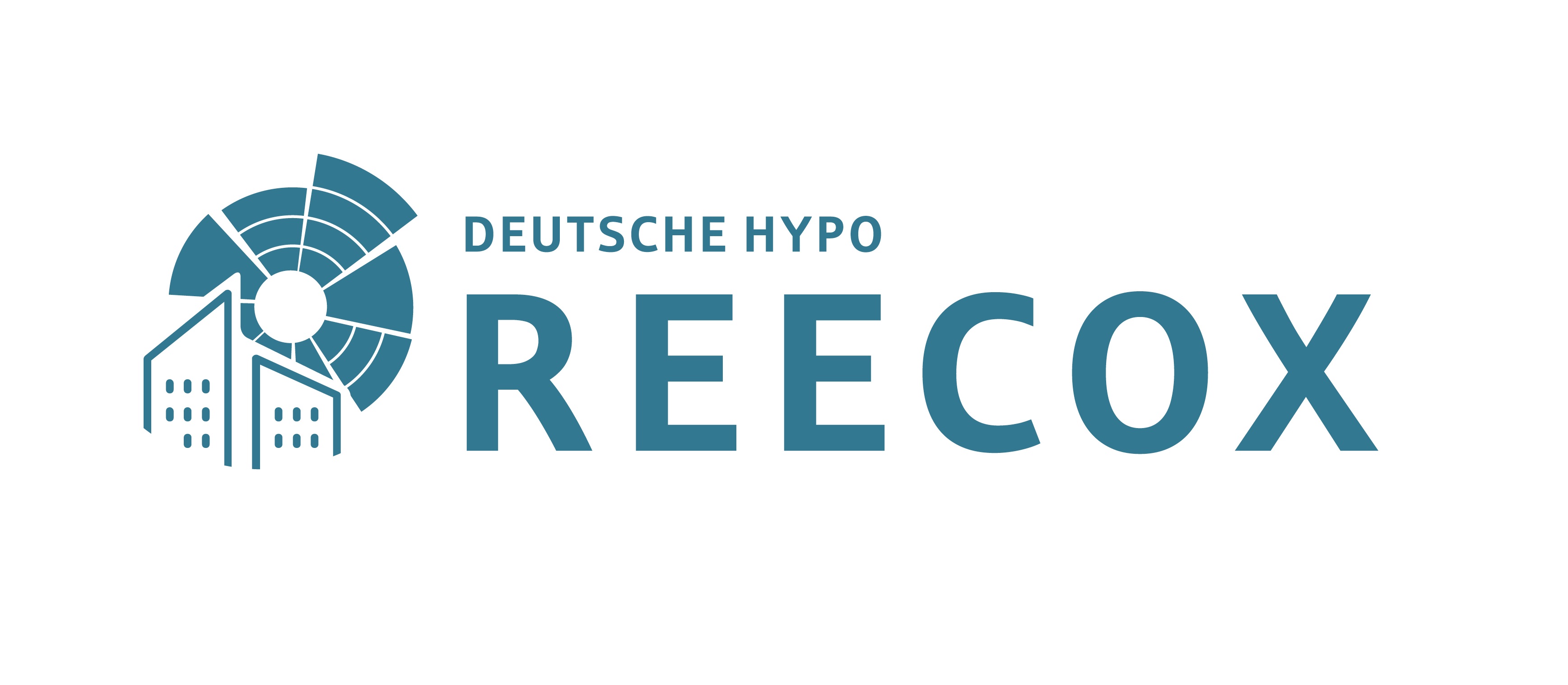Dear readers,
the decrease in the Deutsche Hypo REECOX in the fourth quarter of 2018 is the largest since 2011. At first glance that development might seem a little surprising, as commercial real estate markets in the most important European states are still running well.
But when taking a second look, the current development of the REECOX was to be expected. If we consider the neverending chaos surrounding the Brexit, the social challenges in many European countries or the reduced growth forecasts. The fact that the stock markets are collapsing in this difficult environment, along with the Deutsche Hypo REECOX, is certainly alarming. But it is also understandable.
Kind regards,
Sabine Barthauer
Deutsche Hypo REECOX sees downturn at the end of the year
While recent quarterly reports have not displayed a clear trend, and the European Real Estate Economy Index (Euro Score) has fluctuated, the direction at the end of the year is unequivocal: the REECOX Euro Score currently lies at 233.9 points, its lowest level in two years. Seen retrospectively, this development began in September, when the index value decreased by 1.0 % compared to the previous month, ending the stagnation seen over the summer. By the end of the year, with decreases four months in a row, a dynamic had become established. Such distinct movement had not been seen since the first quarter of 2018, and before that mid-2016. In September the index was at 245.4 points, corresponding to a 4.7 % decrease. Overall the Euro Score fell by 6.3 % last year, the most significant annual decline since 2011. However, the key difference is that the REECOX stood at 172.2 points at the end of 2011 – compared to 233.9 points today.
There is no clear driver of the current developments. Instead the majority of the countries included in the REECOX are displaying negative tendencies – although to significantly different degrees. The clearest negative movement was in the United Kingdom (-5.4 %) and France (-5.3 %), while the Polish Real Estate Economy Index more or less stagnated (-0.4 %). Over 2018 as a whole, Poland (-0.9 %) was also a positive outlier while all other countries saw significant negative development. The steepest fall was in France (-8.6 %), while the decrease in Germany was comparatively low (-4.7 %).
Comment on the market
By the end of 2018, the Germany Score of the Deutsche Hypo REECOX had fallen to levels last seen in April 2017. Is that a warning sign? Perhaps! Of course, the German real estate market is still in good shape, otherwise it could never have achieved record transaction volumes of more than € 60 billion. But it seems like the air up on the plateau, where we’ve been for some time now, is slowly thinning. Geopolitical risks are increasing – that doesn’t just exert downward pressure on share prices, but also on sentiment, with the result that investors are currently considering investments very carefully. Those factors are joined by the knowledge that individual asset classes can be more quickly affected by a weakening economy. My conclusion: The current real estate cycle is in a state of advanced maturity. And ripe fruit can only be picked and eaten for a limited time. The question is: How long exactly?
From Peter Kleinhütten, Acquisition North Rhine-Westphalia
Short decline or trend reversal for the German Real Estate Economy Index
Germany was recently the only country surveyed that still displayed positive development. But in the fourth quarter of 2018 the German Real Estate Economy Index also declined to its current level of 298.2 points. The 4.7 % decrease reflects the development of the Euro Score. However, it should be kept in mind that the index is just below the 300 point mark, remaining at a high overall level. The coming months will show whether the German Real Estate Economy Index is experiencing a short decline or if a sustained trend reversal is taking place.
As in most other countries, the development of the leading share index in Germany has had a significant effect on the Real Estate Economy Index. Last quarter, the DAX fell by 13.8 % to its recent level of 10,559.0 points – still above the symbolically important 10,000 point mark. The rate of the change in the German real estate share index DIMAX was also negative. Over the course of the fourth quarter it declined by 5.6 % to its current level of 794.4 points. It is noteworthy that this was the first quarterly index decrease in two years. The Economic Sentiment Indicator (ESI) developed comparatively moderately: the 2.3 % fall to its current level of 109.9 points compensated somewhat for the partially significant declines in the other input variables.

